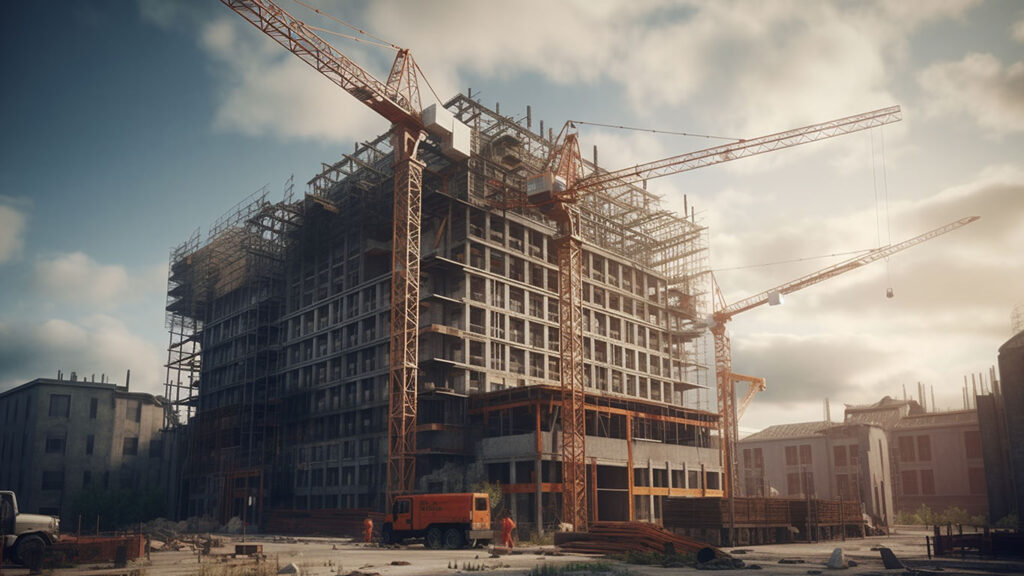Building or renovating a home is a huge investment, and choosing the right builder is one of the most crucial decisions you’ll make. Whether you’re constructing a brand-new house or renovating an existing one, the builder you hire will impact the quality, timeline, and overall success of your project.
1. Do Your Research
Before diving in, take the time to research builders in your area. Look for online reviews, testimonials, and past projects. Websites like Yelp, Google Reviews, and social media platforms can give you insight into a builder’s reputation. Word-of-mouth recommendations from friends, family, or colleagues can also be invaluable.
Navigating contracts and agreements is one of the most important aspects of any construction project. For both contractors and clients, understanding the details of a contract, managing budgets, and setting clear expectations
2. Check Credentials and Qualifications
A reputable builder should be licensed, insured, and registered with local authorities. Ask for proof of these credentials to ensure they meet the necessary legal and industry standards. Licensing is not only essential for the legitimacy of the business, but it also ensures the builder has passed certain exams or met specific industry qualifications.
3. Review Portfolio and Past Projects
A strong portfolio speaks volumes about a builder’s skill, versatility, and experience. Ask to see examples of their previous work, including projects similar to yours. This will give you a good sense of their quality of craftsmanship and ability to bring your vision to life. Don’t be afraid to ask for references from previous clients either.
4. Assess Experience in Your Specific Type of Project
Different builders specialize in different areas. Some may be experts in residential homes, while others focus on commercial projects or high-end renovations. Ensure that the builder you choose has experience working on the type of project you’re planning. An experienced builder will understand the specific challenges and nuances of your type of construction.
5. Get Multiple Quotes
Don’t settle for the first quote you receive. Contact several builders to get a variety of estimates for your project. While pricing shouldn’t be your sole deciding factor, getting multiple quotes can help you understand the market rate and identify potential red flags. Ensure that each quote is detailed and includes a breakdown of costs, materials, and timelines.
6. Evaluate Communication Skills
Effective communication is key to a successful building project. Pay attention to how responsive and transparent a builder is when you first make contact. Do they answer your questions thoroughly and professionally? Are they easy to reach and willing to keep you informed throughout the process? A builder who communicates clearly and regularly is essential for managing expectations and addressing issues as they arise.
7. Understand Their Project Timeline
Ask about the expected timeline for your project. A reliable builder will provide you with a clear, realistic timeframe for when work will begin and when you can expect completion. If they are too vague or provide a timeline that seems too good to be true, it could be a warning sign. A builder with a full schedule might be too busy to give your project the attention it deserves.
8. Check Their Team and Subcontractors
A good builder surrounds themselves with skilled subcontractors, such as electricians, plumbers, and carpenters. Ask who will be working on your project and whether they have long-term relationships with trusted subcontractors. A builder who works with a reliable team ensures that every aspect of your project will be completed to the highest standard.
9. Discuss Warranty and After-Sales Service
A reputable builder should offer a warranty for their work, ensuring that if something goes wrong after the project is completed, they’ll take responsibility. Be sure to ask about the details of their warranty and what it covers. Additionally, inquire about after-sales support—whether they provide ongoing maintenance or are willing to address issues that arise after the build.
10. Trust Your Instincts
While all the above factors are important, sometimes it comes down to your gut feeling. Do you feel comfortable with the builder? Do you trust them to deliver on their promises? Trusting your instincts can be a valuable tool in finding the right builder for your project. A good working relationship will make the process smoother and more enjoyable.
Conclusion
Choosing the right builder is no small task, but taking the time to research, ask the right questions, and evaluate your options carefully can save you from potential headaches down the road. With these 10 essential tips, you can confidently choose a builder who will meet your needs, stay within your budget, and bring your vision to life.



